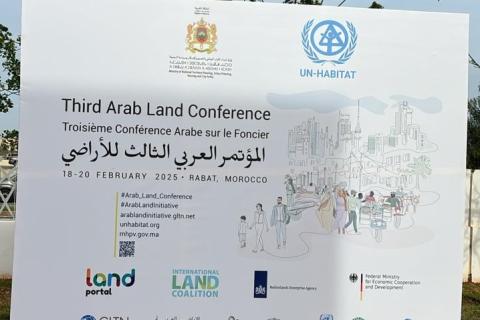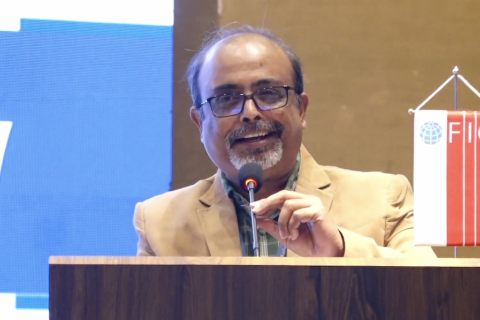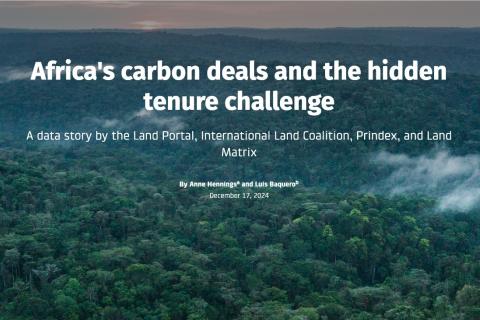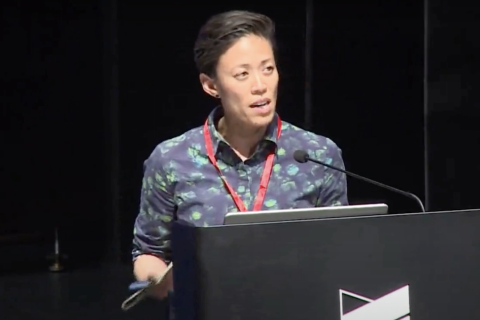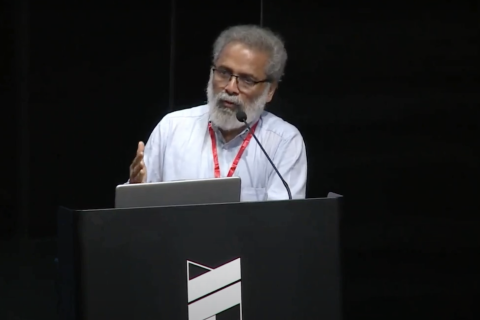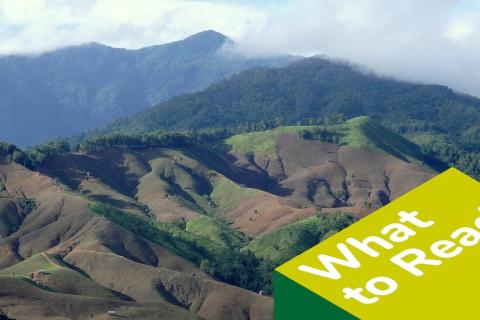Between commitments and action: Milestones from the Third Arab Land Conference
The Third Arab Land Conference, held in Rabat, Morocco from 18-20 February 2025 opened an avenue of possibilities for improving policies and practices to govern land in the Arab world. From the launch of several groundbreaking initiatives to empowering women and youth, and fostering data transparency and academic excellence, the event showcased commitments and collaborative work shaping the future of land governance in the region.
The Intersection of Tenure Rights and Climate Action
On March 5, 2025, the FAO and the Global Land Alliance launched an important study titled Collective Tenure Rights and Climate Action in sub-Saharan Africa. This study consolidates extensive research on how collective land tenure arrangements impact forest conditions, biodiversity, and the livelihoods of Indigenous peoples and local communities across the
Rethinking Land Governance for Climate Resilience
Land administration has historically focused on economic growth and formalization – now it must evolve to address climate imperatives.
Africa's carbon deals and the hidden tenure challenge
Observers marked 2023 as a “make-or-break” year for voluntary carbon markets and a key “inflection point” for their role in addressing climate change and global deforestation. Proponents highlight that forest carbon projects channel much-needed funds towards forest protection and are pivotal to climate change mitigation. However, critics emphasize that carbon deals set incentives for over-crediting. Moreover, carbon offsetting allows the biggest emitters to simply outsource their climate mitigation efforts with potentially adverse impacts for affected communities.
Webinar recap - Navigating Loss and Damage : A Path to Justice for Indigenous Peoples
Under the umbrella of the Land Dialogues series, the last webinar of this year’s series “Navigating Loss and Damage : A Path to Justice for Indigenous Peoples” took place on December 5th, 2024. The webinar drew in a little over 250 participants. The series is organized by a consortium of organizations, including the Land Portal Foundation, the Ford Foundation and the Tenure Facility and this particular webinar was
Bridging land gaps: rethinking governance and justice in climate action
Building Resilience from the Ground Up: Prof. Jiju Alex on Decentralized Climate Governance in Kerala
Opinion: African carbon markets require legislative guardrails to best serve everyone
After five failed rainy seasons and the worst drought in 40 years, communities in Northern Kenya – mainly pastoralists – are negotiating with carbon project developers to save forests, wetlands and rangelands, and their livelihoods.




